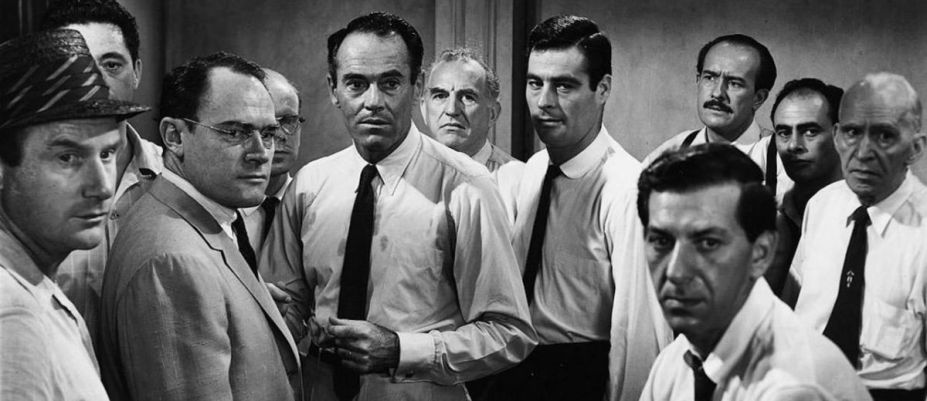Home » Posts tagged 'age limit'
Tag Archives: age limit
JURIES ARE WORTH KEEPING

The Jury System is a cornerstone of justice and liberty. However, they are also controversial. On the one hand, there are those who see the jury system as an integral part of a free and impartial justice system. On the other hand, there are those who doubt the jury’s ability to deliver fair and honest verdicts.
Let’s start with the obvious fact that juries are far from perfect. They are imperfect because the people who make them up are imperfect. Ignorance is one major problem. Opponents of the jury system argue, with some justification, that it is too dangerous to place the fate of another human being in the hands of people incapable of understanding the complexities of the cases they are judging. Often those tasked with deciding the outcome of cases lack the technical or legal knowledge to adequately interpret the evidence and testimony being presented to them. It has been suggested that in these cases individual jurors will often resort to pre-conceived beliefs or allow themselves to be influenced by jurors with more knowledge – whether real or perceived – than they have.
Ignorance, however, is an easily solved problem. Why not select jury members based on their familiarity with the subject matters under discussion? Someone who works in the finance industry – bankers, financial advisors, accountants, and so forth – would be more equipped to judge financial-based crimes than the layperson.
Then there’s the question of who can sit on a jury. In the United Kingdom an individual needs to be aged between eighteen and seventy, have been a resident of the UK for at least five years since the age of thirteen, and must be mentally stable to serve on a jury. It would more than reasonable to suggest that qualifications for jury duty ought to be more stringent than they are. It is more than reasonable to suggest that the age limit ought to be raised from eighteen to perhaps twenty-five (if not older) and that jurors under the age of forty ought to have certain intellectual qualifications. This would ensure that those tasked with determining guilt or innocence would have the wisdom and/or intelligence to comprehend the grave nature of the responsibility they have been burdened with.
Those who criticise juries also argue that they are prone to bias and prejudice. In one shocking case, Kasim Davey was jailed for contempt when he boasted: “I wasn’t expecting to be in a jury deciding a paedophile’s fate. I’ve always wanted to fuck up a paedophile and now I’m within the law.” (Seemingly it never occurred to Mr. Davey that the man he was judging may have been innocent). Likewise, it is well known that many African American defendants were condemned by all-white juries in the Jim Crow South.
However, much of this is a red-herring. Professor Cheryl Thomas, the director of the Jury Program at University College of London, spent ten years analysing every jury verdict in England and Wales taking into account the race and gender of both defendants and jurors. Professor Thomas concluded that:
“There’s no evidence of systematic bias, for instance, against members of ethnic minorities, or that men are treated differently than women, that if you live in a particular part of the country or you have a certain background that you’re more likely to be convicted than others.”
Besides, those who criticise the jury system forget that juries reflect the values and principles of their society. If juries repeatedly deliver unjust verdicts it is because there is a sickness in that society. The fact that all-white juries tended to convict African American defendants merely because they were black is a reflection on the virulently racist nature of that society, not of the jury system itself. Today, the legal system is careful to disqualify those jurors who may harbour prejudices that will inhibit their ability to judge the facts impartially. Courts are very quick to disqualify jurors who may know the defendant or alleged victim, those with emotional links to the case (i.e. a victim of rape sitting on the jury of a rape trial), and so forth.
Lord Devlin, the second-youngest man to be appointed to the English High Court in the 20th century, once described the jury system as “the lamp which shows where freedom lives.” The principle behind juries is that the individual ought to be judged by his peers based on community standards, not by the politically elite. Without juries, our legal system would be dominated by judges and lawyers. What lies at the centre of the debate over juries is the question of whether the whole of society or just the elite should be involved in the dispensation of justice.
